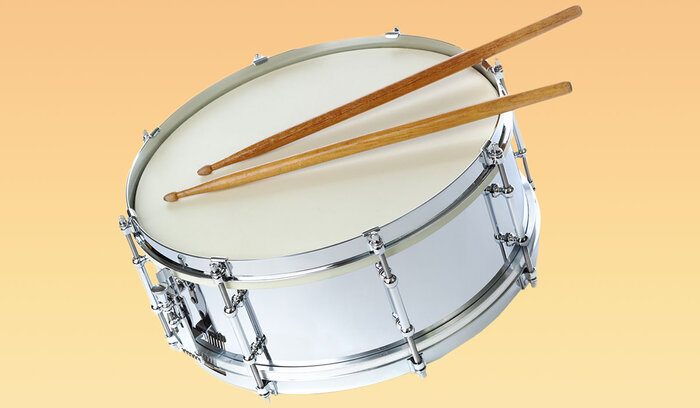
Roseate
[ROH-zee-eyt]
Part of speech: adjective
Origin: Latin, 15th century
1.
Rose-colored.
2.
Optimistic or idealistic.
Examples of Roseate in a sentence
"Panes of roseate glass gave the room a perpetual warm light."
"In her roseate youth, Sandrine presumed she could become a star simply by moving to Los Angeles."
About Roseate
“Roseate” is based on a blend of the Latin “rosa” (meaning “rose”) and the English “rose,” with the suffix “-ate,” suggesting “similar to.”
Did you Know?
“Roseate” refers to “rose-colored,” a circumstance that can simply mean “colored pink,” or can also mean “excessively optimistic.” The expression “seeing the world through rose-colored glasses” has been in use since the 1830s as a poetic descriptor of living with optimism tinged with naivete — though in its early years, the term was “rose-tinted spectacles.” But roseate glasses serve a serious purpose: In optometry, pink-tinted lenses can heighten contrast and sensitivity to colors, increase depth of field, and protect from UV rays.








